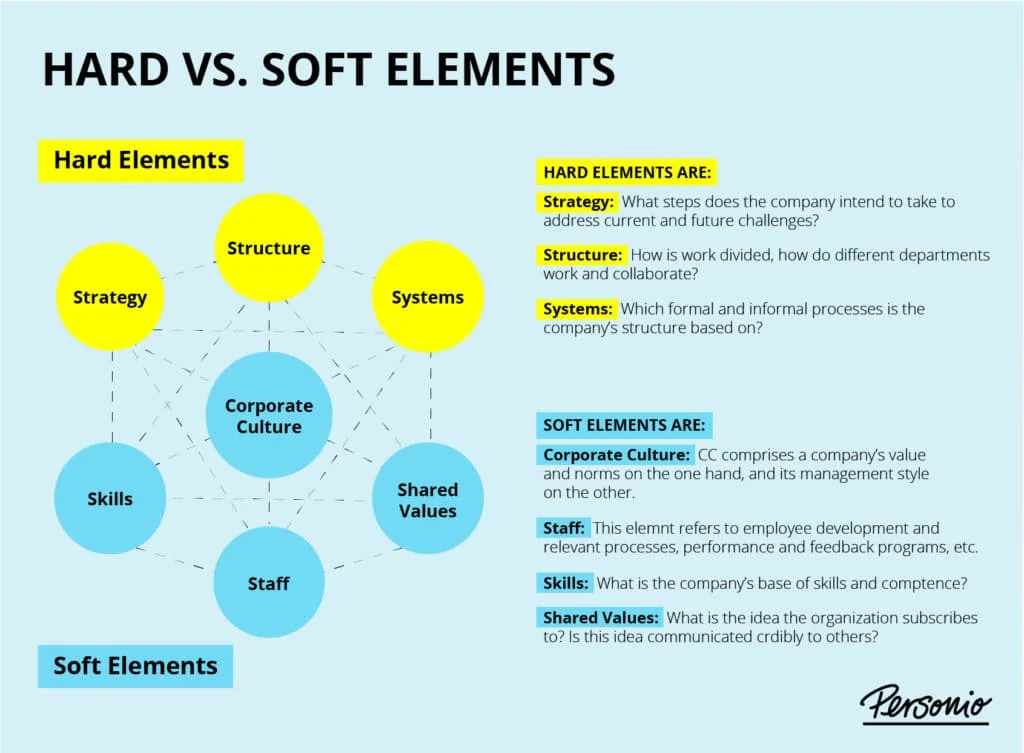
Organisational Culture Models Remember These Three
A few years into hybrid work arrangements, leaders are still facing cultural concerns head-on, which is why we've gathered 10 resources covering psychological safety, workplace toxicity, and proven approaches to culture change — including ways to win over skeptics. We've also dug into issues of diversity, equity, and inclusion and.

Engaging Leadership Model Real World Group
A study by Bain & Company found that almost 70 percent of business leaders feel that culture is the greatest source of competitive advantage. Company culture--the often unspoken but shared norms.

Culture in Business Skyvines
A new culture-building approach is already in place at some organizations, one in which everyone in the organization is responsible for it. Importantly, this model doesn't relegate culture.
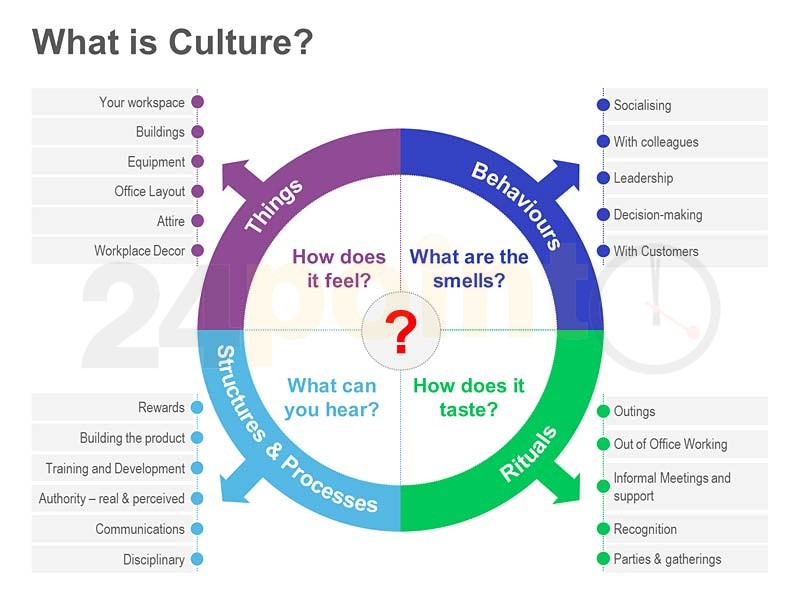
POM Course Learnings Corporate Culture A way of life
Type 1: Clan Culture. Primary Focus: Mentorship and teamwork. Motto: "We're all in this together.". About Clan Culture: A clan culture is people-focused in the sense that the company feels family-like. This is a highly collaborative work environment where every individual is valued and communication is a top priority.
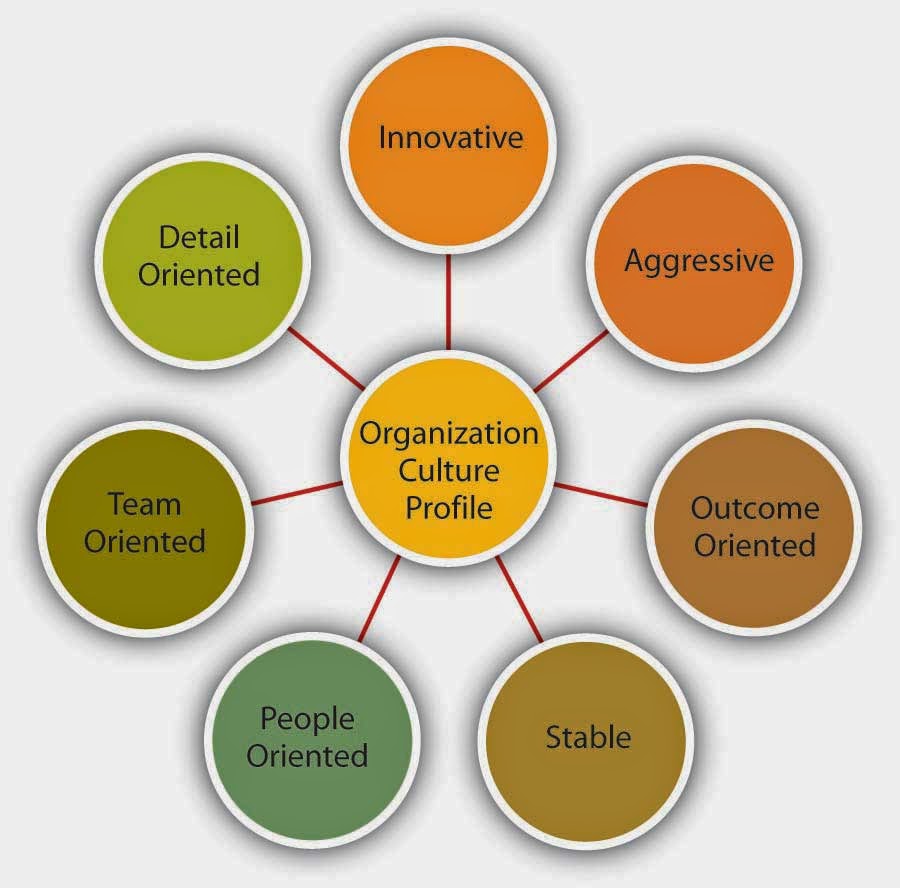
Project Culture, Structure and Strategy
It's not that the emerging cultural norms about the advantages of embracing modern business models have been unclear. It's that while culture provides the foundation for organizational and industry stability, it is also the force that keeps leaders stuck in their old ways of conducting business. The takeaways from this story apply to every.
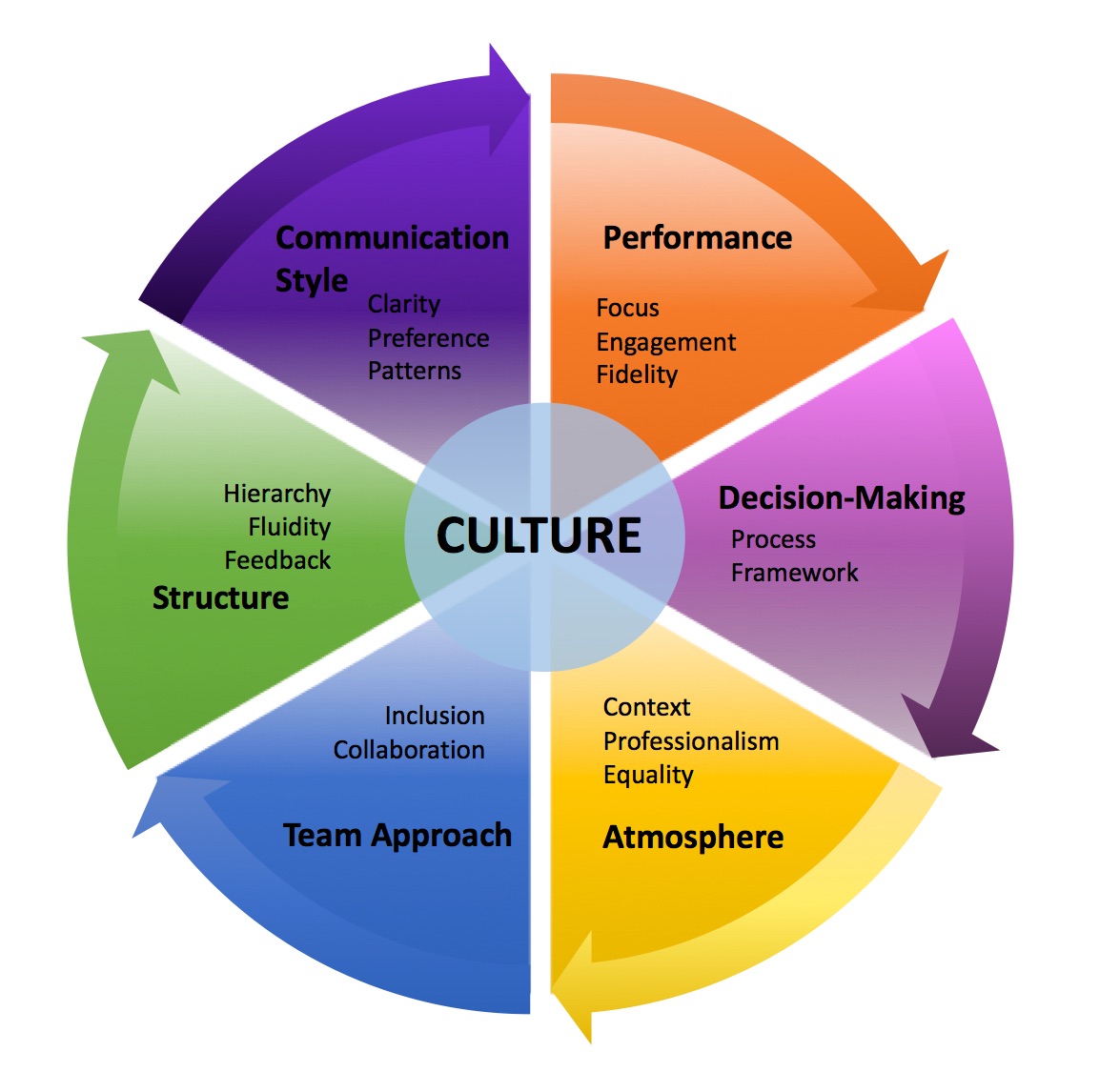
Culture In International Business A2 2 Business Studies
Business Culture. The beliefs, attitudes, values, and traditions that are shared by a group of people in an organization. Clan Culture. A business with an internal focus and flexibility orientation; focuses on relationships, team building, commitment, empowering human development, engagement, mentoring, and coaching.

Denison's model of organizational culture Download Scientific Diagram
In the context of an organization, cultural models are frameworks that define, shape, and influence corporate culture. Cultural models also provide some structure to a corporate culture that tends to be fluid and vulnerable to change. Once upon a time, most businesses utilized a hierarchical culture where various levels of management oversaw subordinates below them.

Understanding 4 types of organisational culture to find great talent
There is a range of different corporate culture models that business leaders adopt. They are often characterised as the 'four competing values' framework, which was developed in 1983 by Robert Quinn and John Rohrbaugh. Adhocracy: a very externally driven culture that emphasises creativity.

Leadership Culture Why It's The Hottest Topic In Business Today...No
Social media turmoil disrupted corporate communications. And the rapid ascendance of generative AI has profoundly impacted business model reinventions already in progress. Boards can't count on 2024 being calmer, especially with the US presidential election already looming over corporate decisions and stances in a hyper-politicized.

Iceberg model of corporate culture by Edward Twitchell Hall (1989
We'll explore each culture in detail, and we'll discuss how you can try and move to one that best fits your organization's current needs. About the Model. Charles Handy, a management consultant and professor at the London Business School, developed the Four Types of Culture and published them in his 1978 book "Gods of Management."

Organisational culture model Download Scientific Diagram
We learned to embrace the new faces, the diverse talents, and the varied perspectives that come with growth. Your company is not the same as it was, and that's good. 2. Shift From Personal, Like.

EVOLVING ORGANIZATIONAL CULTURE WITH THE 5 PILLARS OF TRANSFORMATION
January 08, 2020. Summary. Culture can be a powerful lever for maintaining, renewing, and shaping an organization's viability. While global teams can provide cost savings and help firms access.
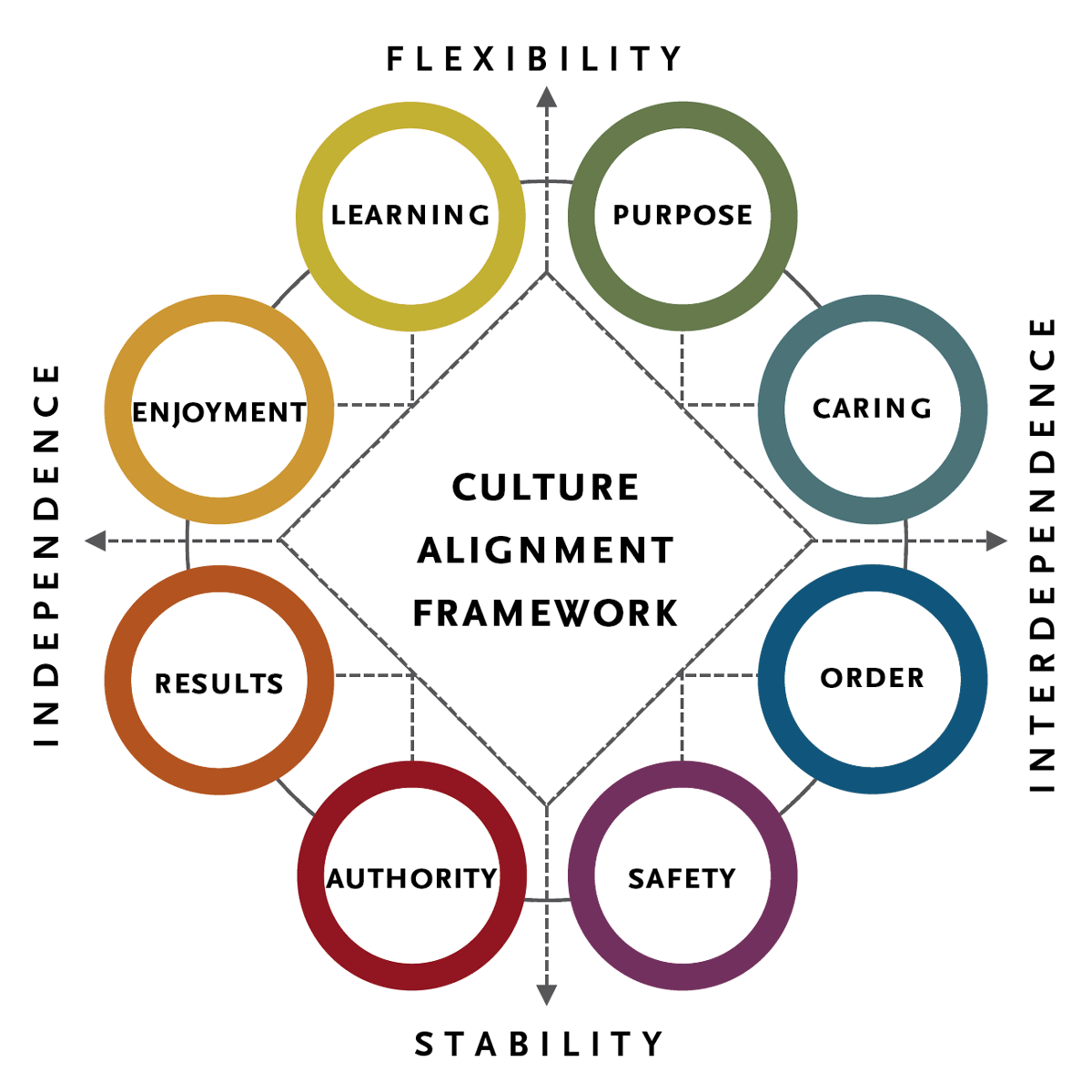
Organizational Culture Framework Spencer Stuart
Hofstede's Cultural Dimensions Theory was created in 1980 by Dutch management researcher Geert Hofstede who carried out an extensive survey during the 1960s and 1970s, investigating variations in values within different sectors of IBM, a global computer manufacturing company. The study comprised over 100,000 employees from 50 countries across.

Iceberg model of corporate culture by Edward Twitchell Hall (1989
Factsheet 12 Oct, 2023. All locations. Organisational culture. Organisational culture is an important aspect of organisational life and a term that has become a mainstay among business leaders. The work of HR, L&D and OD influences and is influenced by organisational culture because every organisation is made up of human relationships and human.

The Single most researched and used Culture Model, a set of diagnostics
February 13, 2014. Post. A few years back, I was waiting for the light to change at 51 st Street and Fifth Avenue in NYC. As I stood there, an elderly south Asian man came up next to me with a.

14 Hofstede's dimensions of organizational culture Download
A business's culture can catalyze or undermine success. Yet the tools available for measuring it—namely, employee surveys and questionnaires—have significant shortcomings. Employee self.